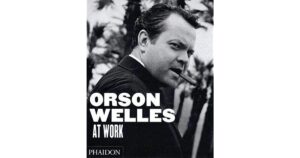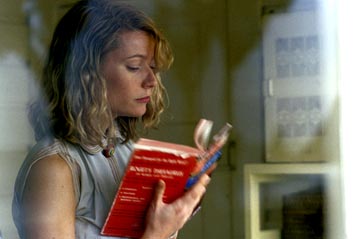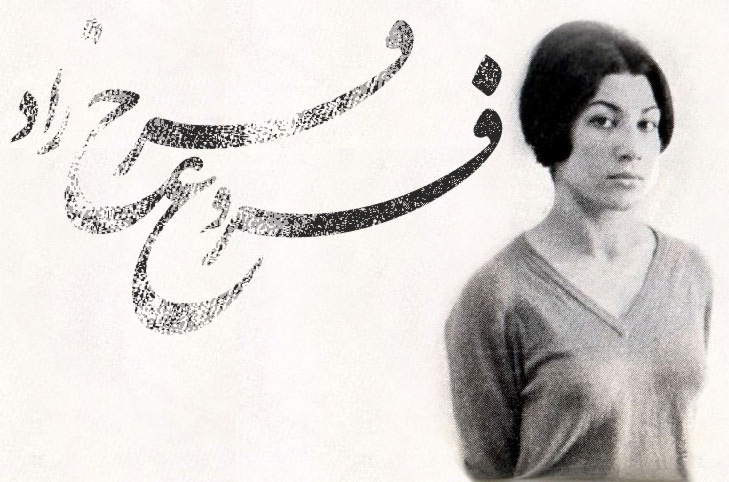This essay was written in late November 2010 for The Common Review, whose editor commissioned it, but was subsequently and recently withdrawn from that magazine once it became clear that the editor wasn’t giving me any straight or candid answers about whether or when he would publish it. Which is why I’m publishing it here. I’ve only updated it slightly to incorporate the recent distressing news about the government’s sentencing of Jafar Panahi. And more recently, thanks to Danny Postel, this article has been reposted here, at Tehran Bureau. P.S.: This essay is included in the much-expanded second editition of Abbas Kiarostami (2019), a book I coauthored with Mehrnaz Saeed-Vafa.– J.R.

To what extent does Abbas Kiarostami, Iran’s best known and most celebrated filmmaker, still belong to Iran, and to what extent does he now belong to the world? Insofar as the first sixteen of his seventeen features have been shot in Iran –- only Certified Copy, filmed in Italy, which premiered in Cannes last May, qualifies as a feature shot in exile –- he might be said to “belong” in some fashion to his native country. But the last of his features to date to have opened commercially in Iran was his tenth, Taste of Cherry (1997), and one wouldn’t expect this situation to change anytime in the near future. Read more
I no longer recall where this 2008 review was written for. — J.R.

ORSON WELLES AT WORK by Jean-Pierre Berthomé and François Thomas. London/New York: Phaidon Press, 2008. 320 pp.
Considering how much popular currency is enjoyed by works about Orson Welles that are poorly researched, possibly because they respond so dutifully to existing attitudes and mythologies about the man — most notably, David Thomson’s slipshod biography Rosebud and Michael Epstein and Thomas Lennon’s Oscar-nominated but fanciful documentary The Battle Over Citizen Kane (both 1996) — a reliable book about his filmmaking that doesn’t stoop to special pleading is always welcome. This one, originally published in French a couple of years ago — in an ongoing series of beautifully and copiously illustrated coffee-table books that has already yielded Bill Krohn’s indispensable Hitchcock at Work — is special not just for the amount of fresh information it offers. It’s also invaluable because of the unusual perspectives its two authors bring to their subject.
Jean-Francois Berthomé, author of a definitive book on Jacques Demy, is also an expert on movie set design, the subject of another of his books. François Thomas, an Alain Resnais specialist, once wrote a dissertation on Welles’s sound work (in film, radio, TV, and theatre) that was over a thousand pages long. Read more
From the Chicago Reader (October 31, 2003). — J.R.


Sylvia
** (Worth seeing)
Directed by Christine Jeffs
Written by John Brownlow
With Gwyneth Paltrow, Daniel Craig, Jared Harris, Amira Casar, Andrew Havill, Lucy Davenport, Blythe Danner, and Michael Gambon.
In the Mirror of Maya Deren
**** (Masterpiece)
Directed by Martina Kudlacek


Greasing the bodies of adulterers
Like Hiroshima ash and eating in.
The sin. The sin.
— Sylvia Plath, “Fever 103 °“

In film, I can make the world dance.
— Maya Deren
In college it always seemed like the guys who were poets got more girls than the prose writers. The assumption was that poets had all the romance and sensuality associated with their medium working for them. Poetry, after all, isn’t just a block of printed material; it’s an activity, and one that can turn people on sexually as well as spiritually.

In cultures such as those of Russia and Iran sexual and spiritual qualities tend to run neck and neck: the great Persian poet Forough Farrokhzad (1935-’67), a fan of Sylvia Plath, retains a mythic allure that combines the auras of Joan of Arc, Billie Holiday, and Marilyn Monroe. And an erotic charge is one of the first things that Sylvia, a biopic about Sylvia Plath (1932-’63), gets right. Read more








